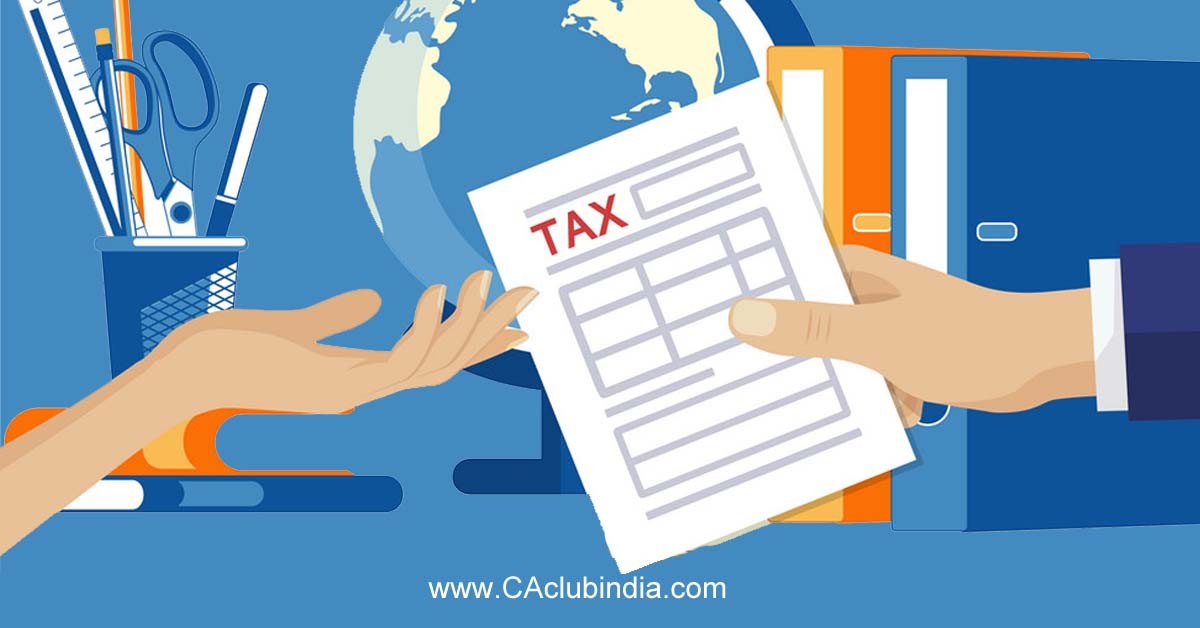A tax deduction lowers your taxable income and thus reduces your tax liability. You subtract the amount of the tax deduction from your income, making your taxable income lower. The lower your taxable income, the lower your tax bill.
1. Tax Saving with NPS (Section 80CCD (1B))
Taxpayers can save additional tax by investing up to Rs. 50,000 in the NPS. This is over and above the benefit; they can claim contributions under Section 80C. They also have the option of utilizing NPS for the Rs. 1,50,000/- limit of Section 80C. This combination will take the total deduction one can claim with NPS to Rs. 2,00,000/-.

2. Tax Savings on Health Insurance Premiums (Section 80D)
In computing the total income of an assessee, being an individual or a Hindu undivided family, there shall be deducted such sum, as specified in sub-Section (2) or sub-Section (3), payment of which is made by any mode as specified in sub-Section (2B), in the previous year out of his income chargeable to tax.
Where the assessee is an individual, the sum referred to in sub-Section (1) shall be the aggregate of the following, namely:
(a) the whole of the amount paid to effect or keep in force an insurance on the health of the assessee or his family, or any contribution made to the Central Government Health Scheme or such other scheme as may be notified by the Central Government on this behalf, or any payment made on account of a preventive health check-up of the assessee or his family that does not exceed in the aggregate Rs. 25,000/- (twenty-five thousand rupees).
(b) the whole of the amount paid to effect or keep in force an insurance on the health of the parent or parents of the assessee or any payment made on account of a preventive health check-up of the parent or parents of the assessee as does not exceed in the aggregate Rs. 25,000/- (twenty-five thousand rupees).
(c) the whole of the amount paid on account of medical expenditure incurred on the health of the assessee or any member of his family as does not exceed in the aggregate 50,000/- (fifty thousand rupees).
(d) the whole of the amount paid on account of medical expenditure incurred on the health of any parent of the assessee, as does not exceed in the aggregate Rs. 50,000/- (fifty thousand rupees).
3. Tax Savings On Medical Expenses Towards Disabled Dependents (Section 80DD)
As per Section 80DD, the assessee is eligible to claim a deduction of Rs. 75,000/- (available for a person with disability, irrespective of expense incurred) from his gross total income. However, in case the dependent is a person with a severe disability, the assessee is eligible to claim a deduction of Rs. 1,25,000/- if the person has a severe disability (80% or more).
4. Deduction In Respect Of Interest On A Loan Taken For Residential House Property (Section 80EE)
Tax benefits under Section 80EE can only be claimed by first-time home buyers. In order to claim this deduction, the individual must have taken a loan from a financial institution to buy his or her first residential property. Section 80EE is applicable on a per-person basis rather than a per-property basis. The deduction under this Section shall not exceed Rs. 50000/- (on the interest paid on the loan taken).
5. Deduction In Respect Of Purchase Of Electric Vehicle (Section 80EEB W.E.F AY 2020-21)
Interest payable on a loan taken by an individual from any financial institution for the purpose of purchasing an electric vehicle is subject to certain conditions. The deduction under this Section shall not exceed Rs 1,50,000.
6. Donations To Charitable Institutions (Section 80G)
Donations made to government-approved charitable institutions can be claimed as a deduction under this Section. The donation can be for the renovation of a place of worship like temples, mosques, and churches, given that they are approved by the central government. Some of the funds approved by the government include the National Defense Fund, the Prime Minister’s National Relief Fund, the Clean Ganga Fund, the National Children Fund, etc. (The two categories of deduction are 50% and 100%.)
Note: No deduction shall be allowed under this Section in respect of a donation made in cash exceeding Rs 2000/-.
7. Interest on Savings Bank Accounts (Section 80TTA/80TTB)
Interest on deposits in savings bank accounts shall not exceed Rs. 10,000 per year. For senior citizens, it shall not exceed Rs. 50,000 per year.
Rebates (Section 87A)
A tax rebate in the case of an individual resident in India whose total income does not exceed Rs. 5,00,000 shall be an amount equal to one hundred percent of such income-tax or an amount of Rs. 12,500, whichever is less.
Please send us a one-liner at rocguru.com@gmail.com for any clarification







 CAclubindia
CAclubindia
